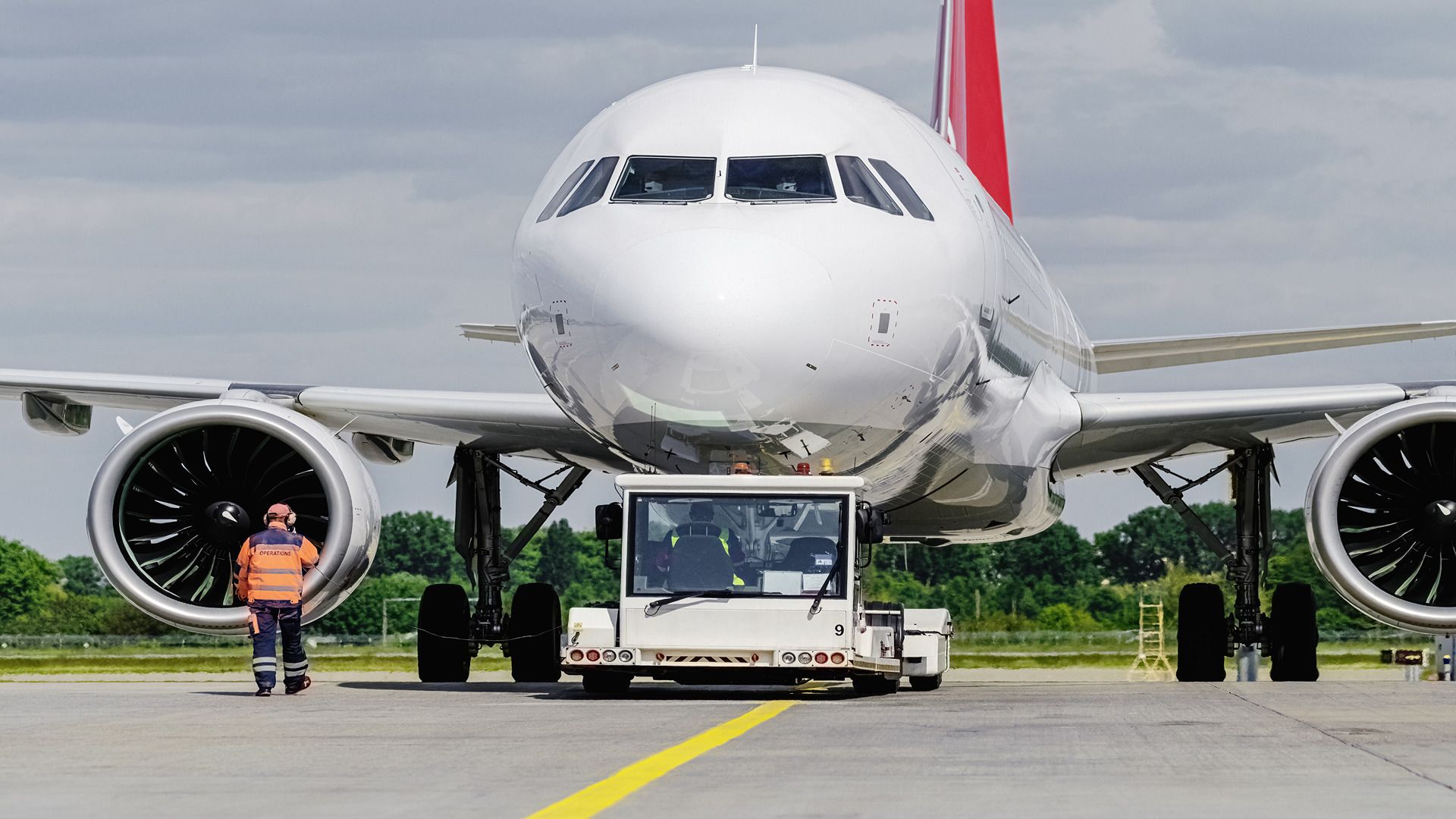Summary
- Operators are reminded of the importance of keeping personnel clear of aircraft in tow until it has come to a complete stop and chocks are installed.
- Operators are advised to evaluate their towing and marshaling procedures using the Safety Management System or a similar safety risk management process.
- The FAA issued the Safety Alert for Operators (SAFO) following two incidents, including one fatal injury, to prevent further injuries during aircraft towing and ground handling operations.
On Friday, the Federal Aviation Administration (FAA) issued a Safety Alert for Operators (SAFO) to prevent injuries while workers are towing aircraft and guiding them to and from gates. This SAFO was released following two incidents, including one in which a ramp agent was fatally injured at the Montgomery Regional Airport in Alabama last year.
Preventing more injuries
Following multiple events where injuries or fatal injuries have occurred during aircraft towing or ground handling operations, the FAA informed operators about the importance of personnel remaining clear of an aircraft in tow until after it has come to a complete stop and chocks are installed. “It is important for workers to remain clear of operating engines until they are shut down.”
The FAA recommended operators to use their Safety Management System (SMS) or a similar safety risk management and safety assurance process to evaluate their towing and marshaling procedures.
Ground operators should ensure:
- The installation of chocks is done whenever an aircraft towing operation has been stopped.
- Require all personnel to remain clear of the aircraft in tow until the plane has come to a complete stopped
- All activities are to commence only after chocks are installed
- All personnel are to remain clear of operating engines until they are shut down.
The incidents
The FAA detailed two events where an injury and a fatal injury occurred during aircraft towing and ground handling operations. In one occasion, “a wing walker sustained serious injury when an aircraft in tow was being repositioned,” the FAA said.
It added that while the tow driver was moving the aircraft back to correct its position, the wing walker was removing the main landing gear safety pins. Due to this, the wing walker was struck by the trailing edge flaps of the aircraft being towed and was consequently run over by the aircraft’s #3 and #4 main landing gear wheels.
The second incident, which led to a death, occurred in Alabama last year, according to Reuters, when a worker was sucked into an engine of an Envoy Air aircraft, a wholly-owned subsidiary of American Airlines. The worker was employed by Piedmont Airlines, another American subsidiary.
According to the FAA, the ramp agent approached the aircraft while the #2 engine was still running. The flight was operated with an inoperative auxiliary power unit, meaning the aircraft arrived at the gate with the second engine still running.
After stopping the aircraft and setting the parking brake, the captain gave the hand signal to connect the airplane to ground power, explained the FAA. Unfortunately, one ramp agent had already proceeded to open the forward cargo bay, resulting in a fatal engine ingestion accident.
A third incident took place earlier this year in San Antonio. However, that death was ruled a suicide by the Bexar County Medical Examiner. The ground employee was ingested into a Delta Air Lines aircraft engine that had arrived from Los Angeles and was taxiing to the gate. The National Transportation Safety Board did not investigate this event because there were no operational safety issues with the airplane or the airport.
On Friday, the FAA said the first two incidents have not been proven to be a systemic issue. Nonetheless, the severity of the outcome warrants the safety reminder published.
What do you think about the SAFO released today by the FAA? Let us know in the comments below.



